McKenzie exercises are a group of exercises designed to improve spinal mobility and promote good posture, which can provide relief from back pain. The McKenzie Method, also known as Mechanical Diagnosis and Therapy (MDT), is widely used as a diagnostic and treatment tool for a variety of musculoskeletal conditions, including back and neck pain. The McKenzie exercises are part of an exercise protocol developed by physiotherapist Robin Anthony McKenzie in the 1950s and popularised around 1985. The McKenzie method emphasises self-treatment through posture correction and repetitive, high-frequency, range-of-motion exercises.
The McKenzie Method is a specialised physiotherapy approach designed to relieve back and neck pain by identifying and correcting musculoskeletal imbalances. The exercises are based directly on an assessment of the patient’s movement and are designed to reposition any displaced discs and strengthen the surrounding muscles and structures to prevent re-injury. The McKenzie exercises have become synonymous with spinal extension exercises, as opposed to lumbar flexion exercises. These exercises are patient-specific, emphasise active patient participation and are known for their effectiveness in promoting self-healing.

McKenzie exercises are beneficial for individuals experiencing:
Herniated disc: Helps reduce pressure on intervertebral discs.
Sciatica: Relieves pain caused by compression of the sciatic nerve.
Degenerative disc disease: Helps manage pain associated with degenerative disc disease.
Postural problems: Addresses imbalances that lead to back pain.
Muscle Strains: Helps strengthen supporting muscles.
The McKenzie exercises is not suitable for everyone. If you’ve had back surgery, it’s best to avoid this method. You should also avoid it if you have a serious spinal condition, such as a spinal fracture. It is best to work with a physiotherapist who can give you a proper assessment before attempting these exercises.
Lie down on your stomach. Place your arms at your sides and relax. Hold for 2 to 3 minutes. Repeat up to six times a day. This exercise is typically used to treat a sudden onset of acute back pain or sciatica.

This exercise reduces pain by relieving pressure on your lower back. It also helps to align your spine. Lie on your stomach with a pillow under your bottom. Rest your head on your hands. Hold for 2-3 minutes, up to twice a day.
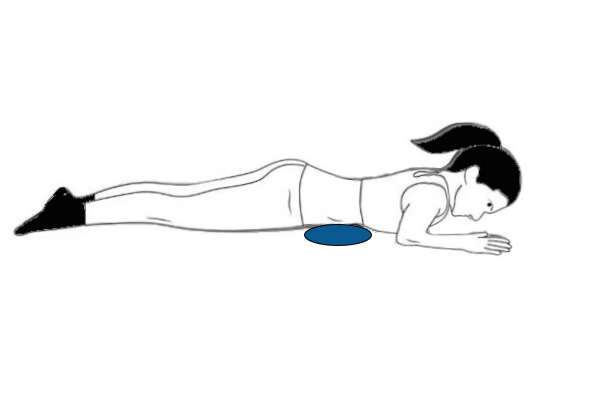
Start in the prone position (lying flat on your stomach) and support yourself on your elbows. Hold this position while taking a few deep breaths and relaxing, then slowly lean forward, keeping your back straight. Hold for 5-10 seconds, then return to starting position. Repeat 6-8 times, up to eight times a day.
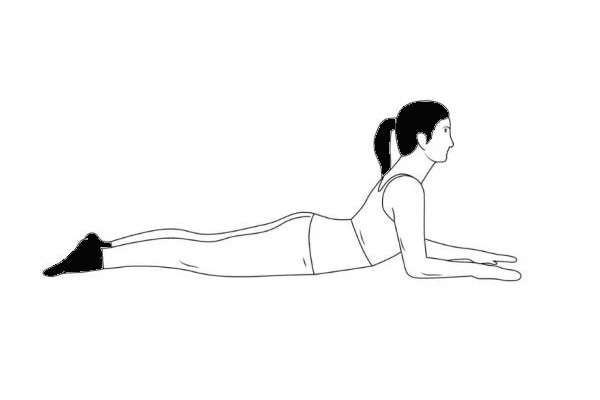
Lie flat on your stomach with your elbows bent and your hands flat on the floor under your shoulders. Slowly push up with your arms, keeping your hips and legs on the floor. Hold for 5-10 seconds, then lower back down. Repeat 6-8 times, up to eight times a day.
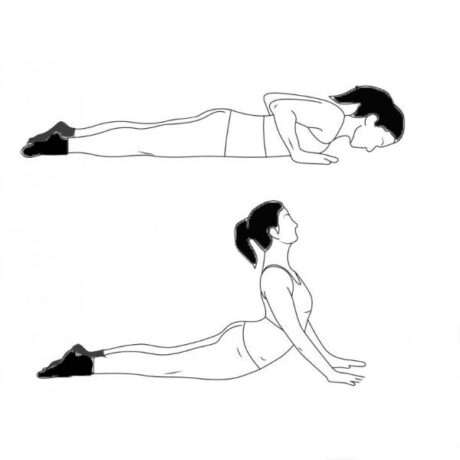
Start with feet shoulder-width apart and hands on hips. Slowly bend backwards, keeping your knees straight. Hold for 5-10 seconds and then return to starting position. Repeat 6-8 times, up to eight times a day.
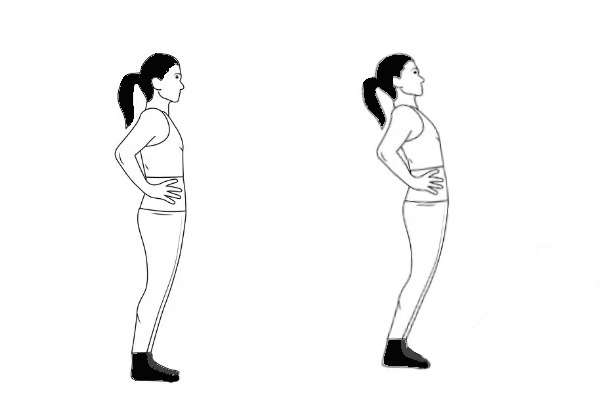
Lie on your back with your knees bent and your feet flat on the floor. Slowly lift your head and shoulders off the floor, reaching towards your knees. Hold for 5-10 seconds, then lower back down. Repeat 6-8 times, up to eight times a day.

Sit on a chair with your feet flat on the floor. Slowly lean forward, reaching towards your toes. When you are fully bent forward and reaching the floor, grasp your ankles and pull, applying gentle pressure to your back. Hold for 5-10 seconds, then return to starting position. Repeat 6-8 times, up to eight times a day.
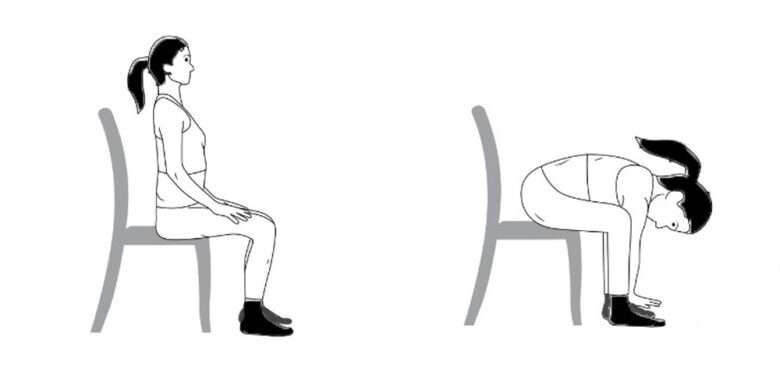
Start by standing with your feet shoulder-width apart and your hands on your hips. Slowly lean forward, reaching towards your toes. Hold for 5-10 seconds, then return to starting position. Repeat 6-8 times, up to eight times a day.
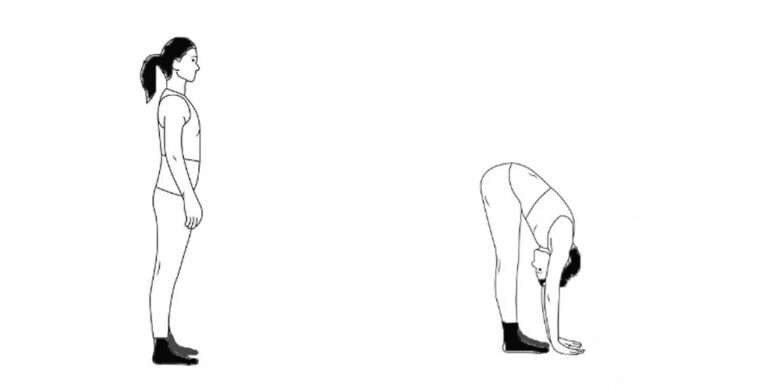
Integrating the McKenzie exercises into your routine, with proper guidance, can be a game changer in the management and prevention of back pain. Remember, it’s important to consult a healthcare professional or physiotherapist before starting any exercise program, especially if you have any pre-existing conditions or concerns. A commitment to these exercises can pave the way to a healthier, pain-free back.